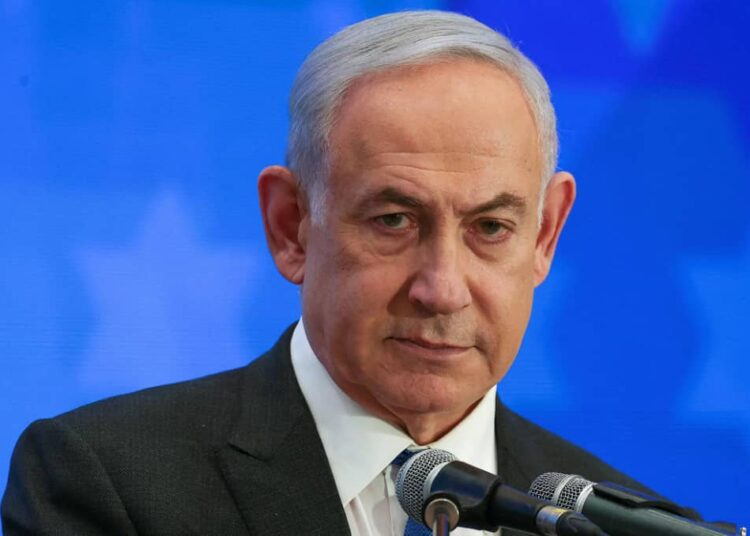Israel’s Prime Minister, Benjamin Netanyahu, has accused the Qatar-based news network Al Jazeera of incitement and that it will be closed in the country.
Netanyahu, who described the TV station as mouthpiece of the militant group Hamas, said in a post via X on Sunday that: “The government headed by me unanimously decided: the incitement channel Al Jazeera will be closed in Israel.”
The prime minister’s spokesperson to the Arab world, Ofir Gendelman, said that the decision would be “implemented immediately.”
In a post on X, Gendelman said that the network’s “broadcast equipment will be confiscated, the channel’s correspondents will be prevented from working, the channel will be removed from cable and satellite television companies, and Al Jazeera’s websites will be blocked on the Internet.”
He quoted Netanyahu as saying: “Al Jazeera reporters harmed Israel’s security and incited IDF soldiers. It is time to expel the mouthpiece of Hamas from our country.”
Al Jazeera did not immediately respond to the closure on Sunday but have previously accused Netanyahu of resorting to “inflammatory slanders” that jeopardised not only the outlet’s reputation but also the safety and rights of its employees worldwide.
The move comes a month after Netanyahu vowed to shut down the television channel in the country following the passage of a sweeping law allowing the government to ban foreign networks perceived as posing a threat to national security.
Netanyahu said on X in early April that he intended “to act immediately in accordance with the new law” to stop the outlet’s activity in the country. Netanyahu’s government has long complained about Al Jazeera’s operations, alleging anti-Israeli bias.
In response, Al Jazeera – which has been producing on the ground reporting of Israel’s war against Hamas in Gaza – slammed the decision and vowed to continue its “bold and professional coverage.”
The new law gave the prime minister and communications minister authority to order the temporary closure of foreign networks operating in Israel – powers that rights groups say could have far-reaching implications on international media coverage of the war in Gaza.
Rights groups condemned the move at the time, with Human Rights Watch calling it “an alarming escalation,” while the Committee to Protect Journalists said it was “deeply concerned” by the new legislation.
The move comes as negotiators met in Cairo on Saturday, in a bid to secure a ceasefire and hostage deal.
Negotiators have made progress on the technical aspects of a potential deal, but two Israeli sources say it could take a week to finalize the deal itself. Qatar has played a key role in ceasefire negotiations in the on-going war.





